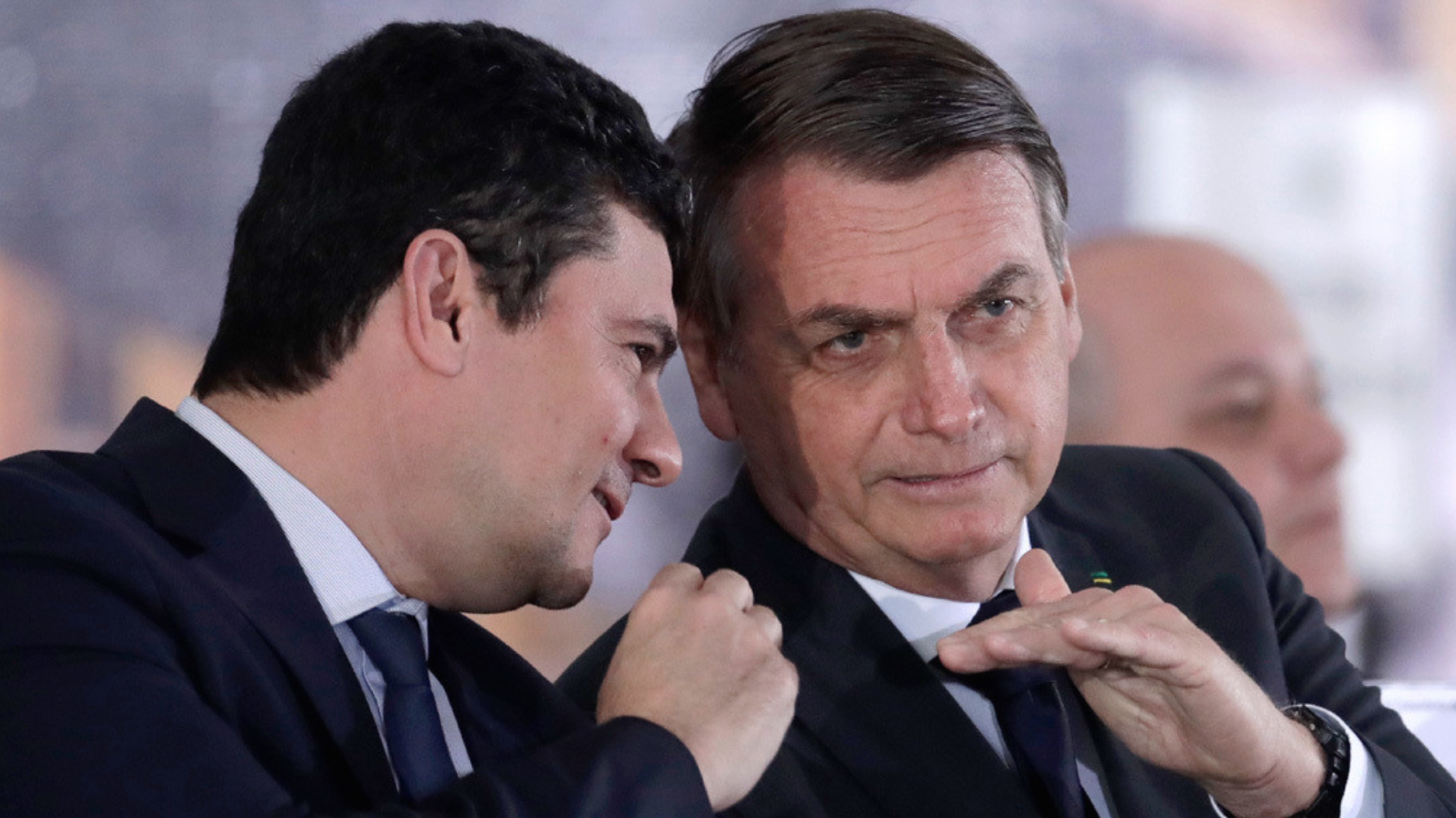Lawfare is not a ghost, but a translucent concept that crosses Latin America. It is an idea that has been incorporated by the left into Latin American politics recently. According to Wikipedia in Spanish, it is defined as “judicial persecution, instrumentalization of Justice, judicialization of politics, legal warfare or judicial warfare“. It is an expression used to refer to the “abusive or illegal use of national and international judicial instances, maintaining an appearance of legality, to disqualify or provoke popular repudiation against an opponent”.
It seems, according to documents, that the concept and its political instrumentation was created by an American military officer in the context of criticism of the United States for human rights violations in its military interventions in other countries.
What is certain is that the political concept was forcefully incorporated into Latin American politics a few years ago as a result of the political or legal trials of Rafael Correa, Dilma Rousseff and Luiz Inácio “Lula” da Silva in their respective countries. At present, the term is being used by Cristina de Kirchner and the Argentine government to define the judicial proceedings against the vice-president.
The incorporation of the term, by sectors of the left, has been used to point out certain judicial processes as political forms of the right-wing to persecute and proscribe leaders, which is not being judged in these lines. But due to its origin, the term was framed in the imaginary of Latin American politics as a concept used by the left to refer to an instrument of the right.
This vibrant incorporation of the concept in Latin American politics merits taking into account two issues. On the one hand, the political subjectivity of the term, given that it was incorporated from the “left” discourse as a weapon coming from the “right” to persecute political leaderships, implies that, ultimately, the lawfare concept was taken in a single direction. In fact, while Donald Trump has used it to discredit the lawsuits against him, the Latin American “right” has not incorporated it into its political lexicon and has assumed that it is only a fallacy of the “left”.
On the other hand, given the possible political intentionality in the use of the term lawfare (it is enough to mention it to absolutely discredit any judicial action on politics), it becomes very difficult to define which judicial action has solid legal grounds and which is simply used as a political weapon. But the annulment of former President Lula’s sentence in the case led by former judge Sérgio Moro, as part of the Lava Jato case, precisely due to the application of lawfare, confirms its existence and justifies its incorporation.
If we review the Latin American political map, even before the lawfare concept was “popularized”, there is a long list of former presidents considered right-wing who were judicially accused and removed from the political arena. Carlos Salinas de Gortari, former president of Mexico, was prosecuted for corruption along with his brother during his six-year term (1988-1994). Fernando Collor de Mello, former president of Brazil, suffered an impeachment trial for corruption that ousted him early from the presidency in 1992. Carlos Saúl Menem, twice president of Argentina (1989-1995 and 1995-1999), was later impeached on several corruption charges and briefly imprisoned. He later ran for senator (he was elected) in order to benefit from political privileges and be exempted from further judicial sentences. Alberto Fujimori, three times elected president of Peru and who fled the country when several court cases were opened against him, is currently imprisoned in his country. Gonzalo Sánchez de Lozada, twice president of Bolivia (1993-1997 and 2002-2003), was later tried and convicted in his absence, given his permanent stay in the U.S., while Abdalá Bucaram, president of Ecuador, was deposed in 1997.
The list goes on and extends to most of the countries in the region. And although in most cases there would seem to be no doubt about the basis of the processes that prosecuted these former presidents in the face of flagrant acts of corruption, incorporating the term lawfare into regional politics, the question arises: were some of these prosecutions judicial persecutions? If the term had already been established in regional politics, would it have been used by the accused and his political structure?
Lawfare, beyond the enormous difficulties to confirm it, exists and is not the patrimony of any ideology. However, today its unidirectional use calls into question its real nature, its legal basis and, therefore, its political legitimacy.
Translated from Spanish by Janaína Ruviaro da Silva











